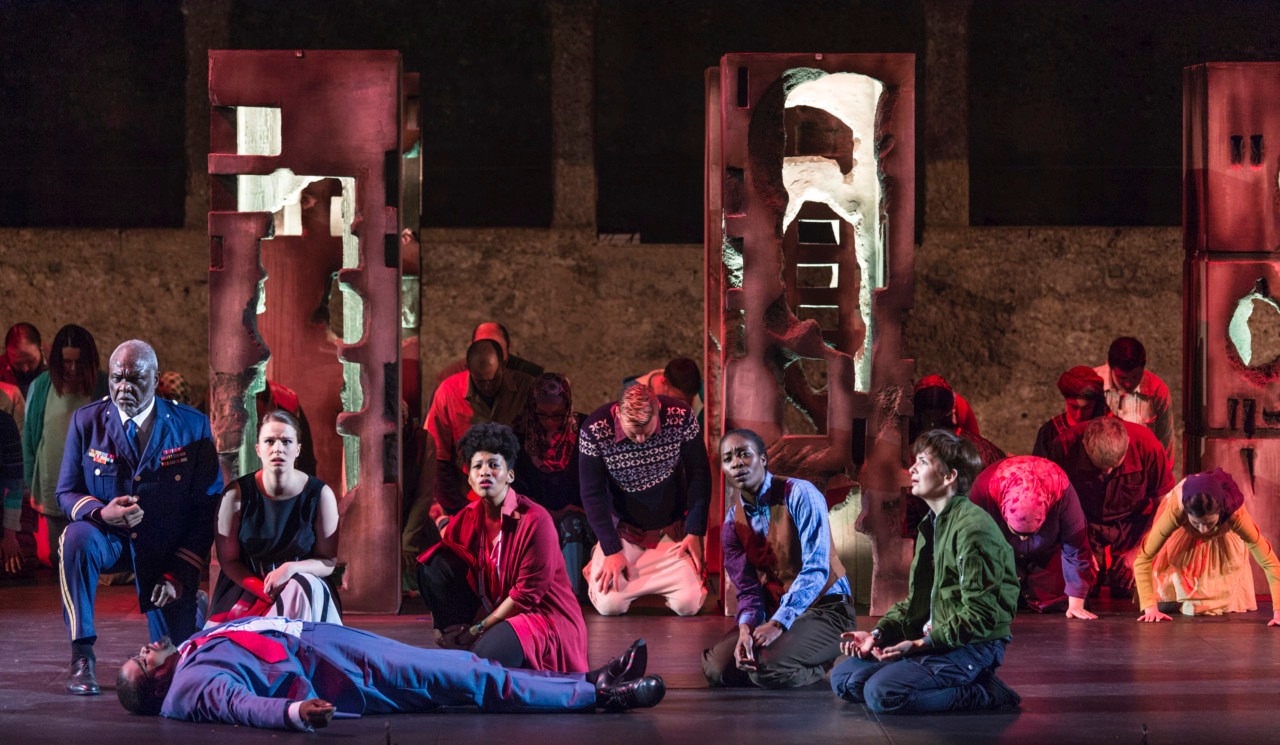Dramaturgy is indeed a hidden gem in the world of theater, often operating behind the scenes yet profoundly shaping the artistic landscape theatre. It encompasses the study, analysis, and contextualization of dramatic texts and their production. Here are some key points that highlight its significance:
- Textual Understanding: Dramaturgs delve deep into the scripts, dissecting themes, historical contexts, and character motivations. They provide invaluable insights to directors, actors, and designers, enriching their understanding of the material.
- Historical and Cultural Context: They explore the historical and cultural backdrop against which a play was written, aiding in creating more authentic and meaningful performances. This contextual understanding enhances the audience’s experience, connecting them to the broader world of the play.
- Research and Collaboration: Dramaturgs conduct extensive research, offering directors and creative teams a wealth of information. This collaborative effort helps in creating a cohesive vision for the production.
- Championing New Work: In contemporary theater, dramaturgs often work closely with playwrights, providing feedback and guidance during the development of new scripts. They play a crucial role in nurturing new voices and groundbreaking narratives.
- Audience Engagement: They can serve as intermediaries between the production and the audience, creating supplementary materials like program notes or discussions that deepen the audience’s engagement and understanding of the play.
- Critical Analysis: During rehearsals, dramaturgs offer critical analysis, helping to maintain the integrity of the script and ensuring that the production aligns with the playwright’s intentions.
- Adaptation and Innovation: In experimental or avant-garde theater, dramaturgs can push boundaries by exploring innovative ways to interpret texts or devise unconventional performances.
In essence, dramaturgy acts as the bridge between the playwright’s intentions, historical context, and contemporary interpretations. It enriches theatrical experiences by infusing them with depth, authenticity, and relevance.
